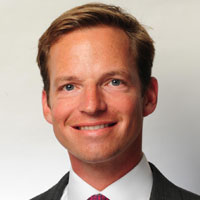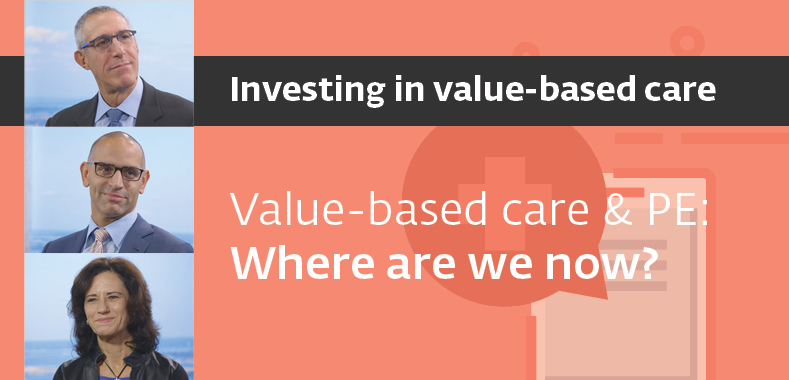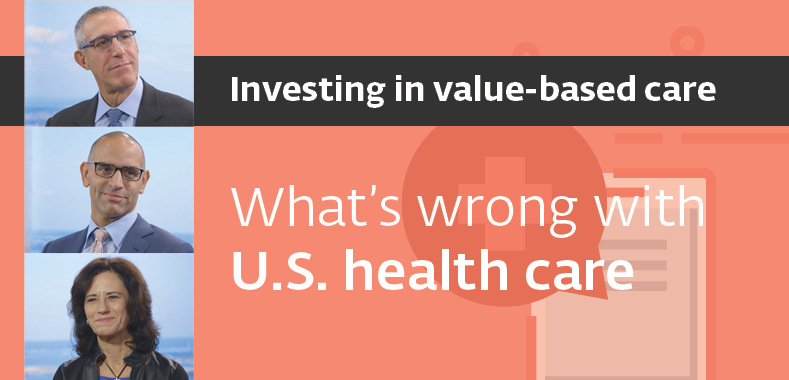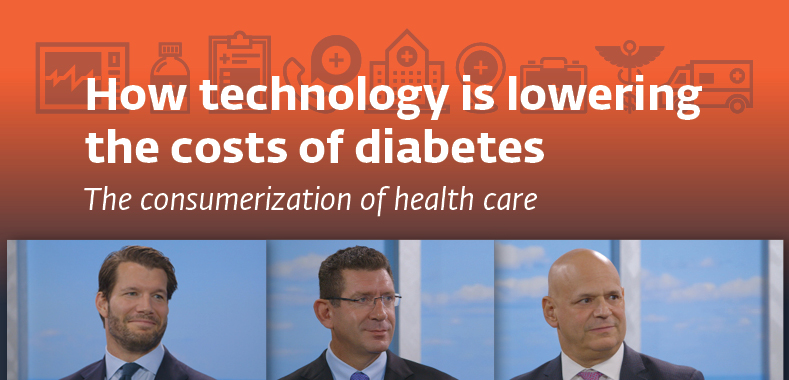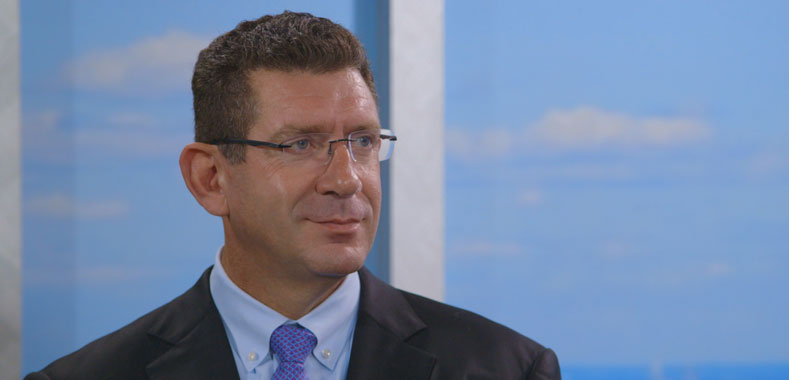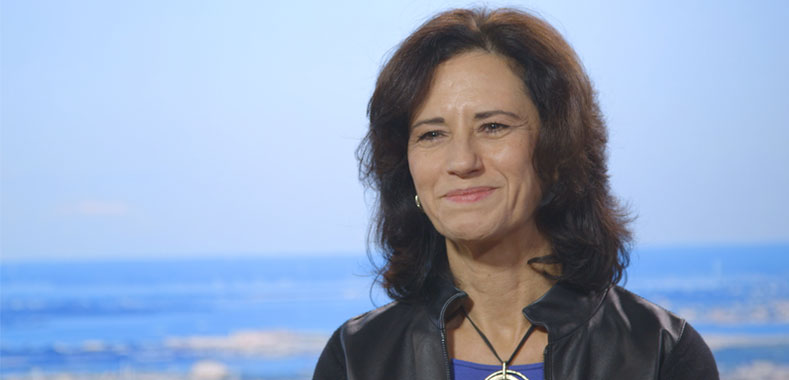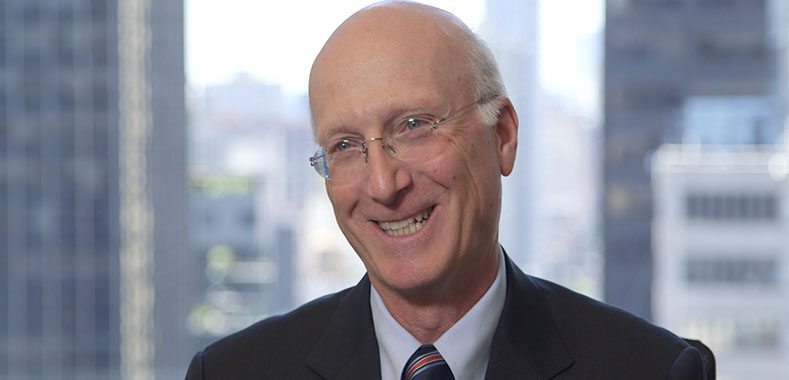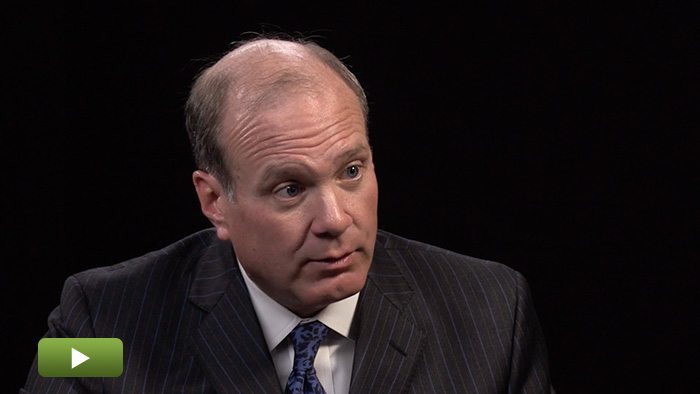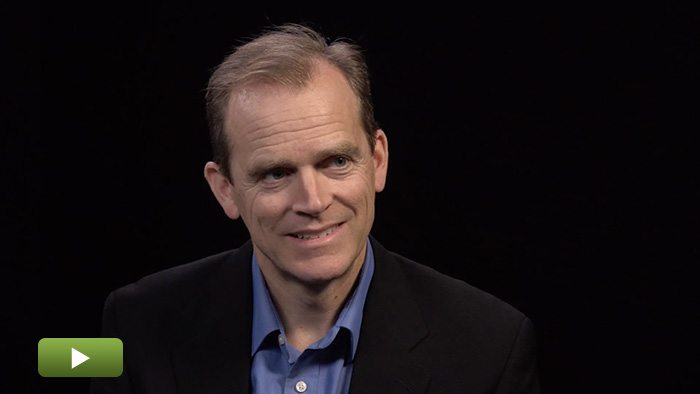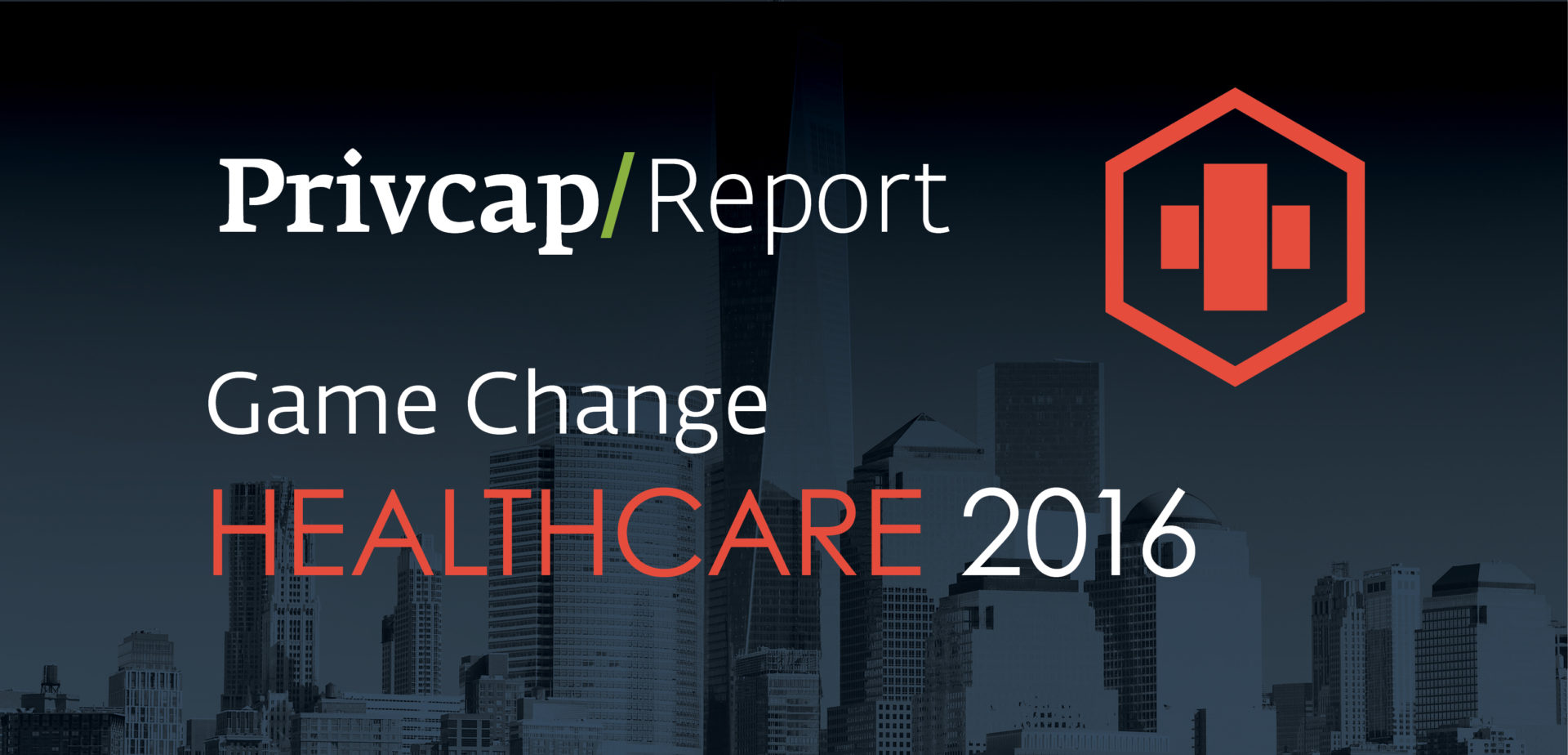Why Niche Investing Is Key to Success in African Healthcare
PE firms that are finding success in Africa are focusing on the niches that can generate a return, such as clinics that cater to the middle and upper classes
When emerging economies generate consumer demand, one of the places investors look for opportunity is healthcare. Sub-Saharan Africa has reached that point—the African middle class rose to 6.2 percent of the continent’s population in 2014, up from 4.4 percent in 2004, according to consultancy firm EIU Canback.
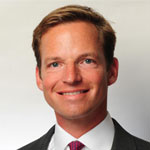
But challenges abound. Little health infrastructure exists. The market is highly fragmented. The sickest patients are often the poorest. And related expertise is limited, whether for qualified nurses or construction companies that can properly install an X-ray suite.
And then there are the PE-specific challenges. Deal sizes are generally small, making it hard for a global PE firm to get its desired scale. The firms could potentially invest in large pieces of healthcare infrastructure, such as a big hospital, but big hospitals are difficult to run in even the world’s most developed countries.
Those firms that are finding success in the sub-Saharan health space are those with a focus on the niches that can generate a return, such as clinics that cater to the middle and upper classes. One such firm is TLG Capital. It has invested in a pharmaceuticals company in Uganda called Cipla Quality Chemicals. Recently, TLG exited an investment in a private cancer-treatment center in West Africa.
The firm’s most recent investment is in the Snapper Hill Clinic, the largest private outpatient facility in Monrovia, the capital of Liberia. The investment will enable Snapper Hill to open additional clinics and increase patient volumes.
Snapper Hill opened in 1983 and cemented its reputation when it became the only clinical service provider in Monrovia during the height of the civil war. It reprised its role as a resilient healthcare provider when it was one of the few outpatient facilities providing services during the Ebola crisis.
“The company has done very well in a market with the worst doctor to patient ration in Africa, so there is massive opportunity in Liberia to really be game changing in terms of expansion and delivering core primary services, especially to mother and child,” said Dominic Clive, a principal at TLG.
Snapper Hill focuses on annual exams for women, family planning services, and newborn and infant care. Anyone can go to these clinics, but realistically only those in the middle and upper middle classes in Liberia are able to afford treatment. “About 20 percent of people in Monrovia could probably afford to go Snapper Hill” said Clive. “On the national level, it is probably about five percent of the population.”
TLG’s investment will support Snapper Hill’s vision of becoming West Africa’s preferred service provider and will also buttress the clinic’s role in building a resilient healthcare system in Liberia post-Ebola.
“What matters when it comes to healthcare is reputation and service delivery,” Clive said. “And the entrepreneur we backed at Snapper Hill is fantastic. The clinic has survived the civil war and the Ebola crisis under his stewardship.”
Snapper Hill is currently growing organically and, once all clinics are operating smoothly, TLG will consider a larger investment round to pursue acquisitions and regional expansion. The initial investment was relatively small. TLG has an investment range of $5 million to $15 million and Snapper Hill was at the low end of that range.
“We love healthcare and want to do more of it in Africa,” Clive said. “Our focus will remain on tertiary treatments of noncommunicable diseases in an income bracket that has the ability to pay or has health insurance.”
A principal at TLG Capital describes the emergence of healthcare infrastructure in Africa, as well as its challenges.
